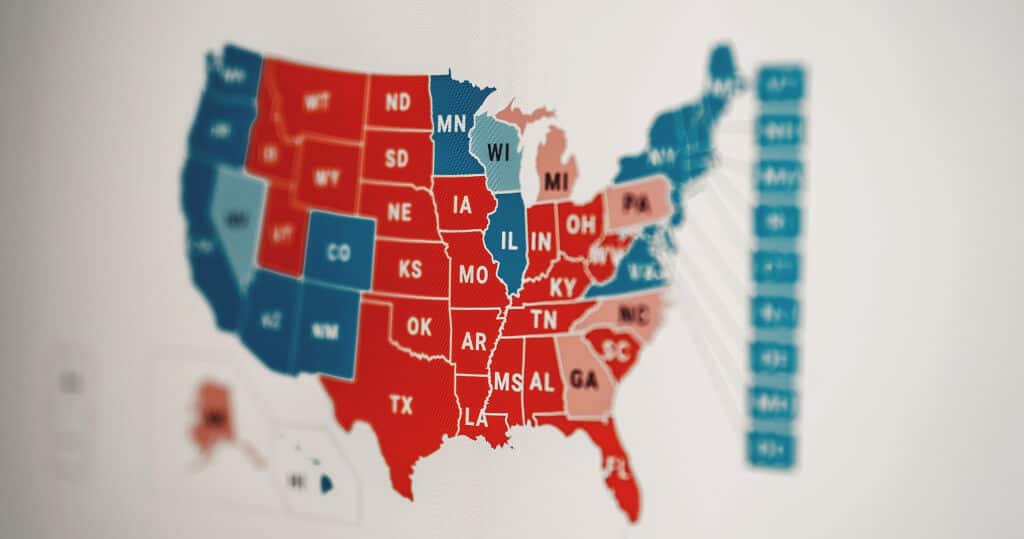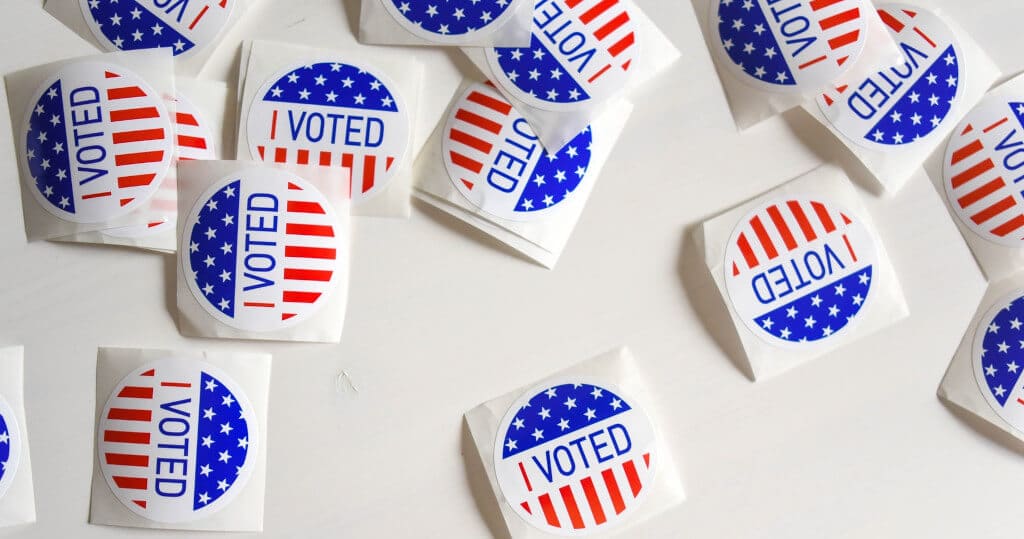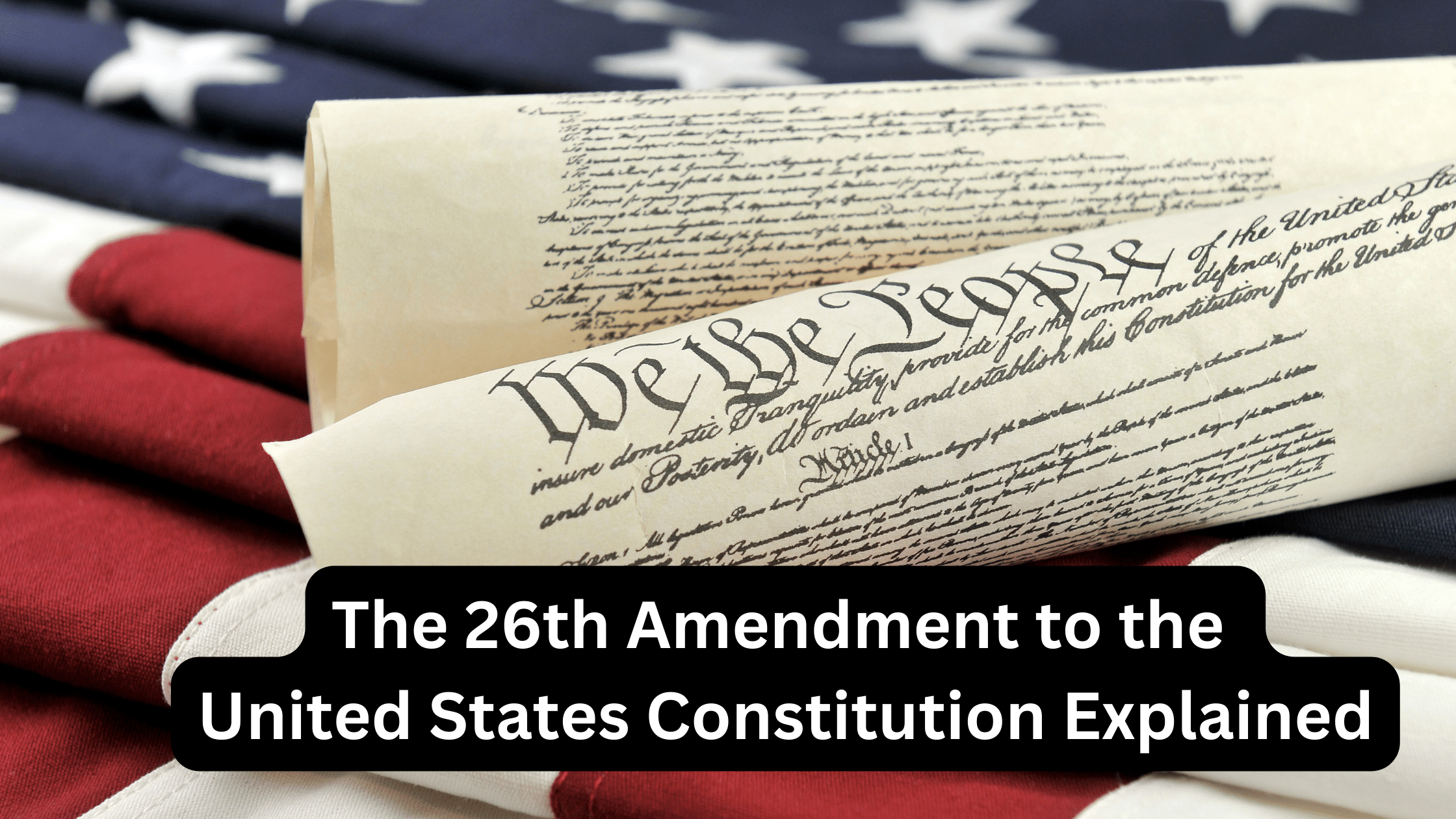Table of Contents
Toggle17th Amendment
1: The Senate of the United States shall be composed of two Senators from each State, elected by the people thereof, for six years; and each Senator shall have one vote. The electors in each State shall have the qualifications requisite for electors of the most numerous branch of the State legislatures.
2: When vacancies happen in the representation of any State in the Senate, the executive authority of such State shall issue writs of election to fill such vacancies: Provided, That the legislature of any State may empower the executive thereof to make temporary appointments until the people fill the vacancies by election as the legislature may direct.
3: This amendment shall not be so construed as to affect the election or term of any Senator chosen before it becomes valid as part of the Constitution.
What Is the 17th Amendment?
The 17th Amendment to the United States Constitution states that the United States Senate should be made up of two Senators from each state.

Each Senator should have one vote and serve for six years after being elected. In addition, the candidates should meet all qualifications required by state legislatures.
If there happen to be any vacancies in the Senate, then there shall be a special direct election issued by the executive authority, which is typically the Governor.
However, the state legislature can also permit the Governor to fill any vacancy before people vote.
The 17th Amendment was ratified on April 8, 1913.
Senators’ Direct Election and Senators’ Votes
Under Article I, Section 3, the legislatures elect two Senators from each state. In the Federal Union, the Senators were in charge of representing the states, and the members of the House represented local voters.

However, a significant number of elections were mired in scandal due to unfair practices. Another issue was political discord amongst state legislators. This led to Progressives deciding to let voters elect Senators in every state.
The Seventeenth Amendment upholds the Senate election by a direct election.
The Dissatisfaction of Electing Senators
Before the 17th Amendment of the United States Constitution, there was a lack of satisfaction with electing Senators. This dissatisfaction ultimately led to the ratification of the Seventeenth Amendment.

Many people were ready to exercise the clause, and several people were convinced that Senators should be elected just like Representatives were.
However, it had been discovered that there were many discrepancies involved in the previous election process.
There was enough evidence to prove that malpractices were occurring, and the method was no longer efficient.
Faults of Previous United States Senate Voting
Some of the faults linked to legislative selection include vacancies staying open for substantial periods due to deadlocks in the legislature.

Another issue was corruption. Groups with special interests and influential people prevented democracy from working as it should. Instead, they bought the legislative seats.
There were also extended electoral contests, which led to various consequences, such as legislators neglecting their other duties.
However, many States had created arrangements designed to give voters control over choosing Senators. All of this was before the Seventeenth Amendment was ratified.

Get Smarter on US News, History, and the Constitution
Join the thousands of fellow patriots who rely on our 5-minute newsletter to stay informed on the key events and trends that shaped our nation's past and continue to shape its present.
Senate Election for the Seat
Amendments were made to state government laws to allow voters to appoint the one candidate they preferred for the senatorial seat among the party candidates running for office.

The nominations, on the other hand, were monitored. All nominations not officially executed were forwarded to the legislature for further action.
State Legislative Candidates
The legislatures were in charge of choosing the candidate to take the seat. They decided that the legislatures’ action was primarily based on shared understanding based on the popular vote’s majority preference.

The legislature was required to be unbiased in determining the winner for the senatorial seat. This happened in two States and was later approved by all in 1912.
At least 29 states had adopted this voting method for Senators before the Seventeenth Amendment was ratified, thus solidifying the United States Constitution.
Explore the 27 Constitutional Amendments
- 1st Amendment
- 2nd Amendment
- 3rd Amendment
- 4th Amendment
- 5th Amendment
- 6th Amendment
- 7th Amendment
- 8th Amendment
- 9th Amendment
- 10th Amendment
- 11th Amendment
- 12th Amendment
- 13th Amendment
- 14th Amendment
- 15th Amendment
- 16th Amendment
- 17th Amendment
- 18th Amendment
- 19th Amendment
- 20th Amendment
- 21st Amendment
- 22nd Amendment
- 23rd Amendment
- 24th Amendment
- 25th Amendment
- 26th Amendment
- 27th Amendment












4 Responses
Can we repeal the 17th please?
Yes – Repeal the 17th Amendment! The Demo-rats would be decimated if we went back to state legislatures electing Senators.
Repealing the 17th ammendment is a necessary pursuit. With lobbyist’s influence becoming a dominant factor in elections, a way to prevent their influences has to come about. If the legislature’s are selecting the Senators, at least the balance of power between the houses will be more consistent with the people’s vote.
And the MAGA & Republicans cannot elect Trump without the help of Putin! Putin now owns Trump’s butt! That’s why he put Melania’s nudes on Russian TV & they laughed! He’s keeping the shister failer on a short leach! I don’t think much of the American people any longer! I see most are derived thru first cousin coitus. Causes retardation!